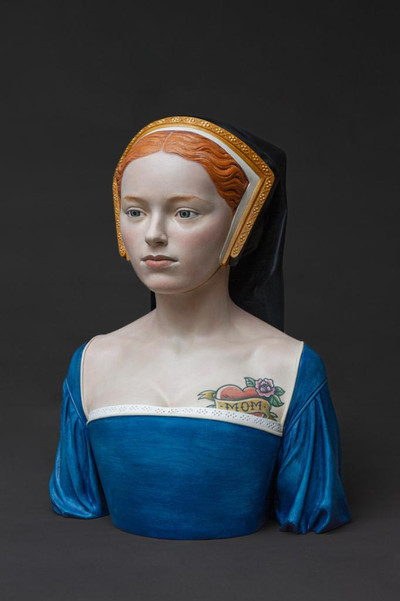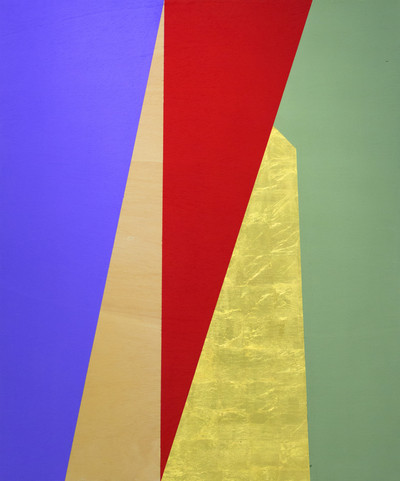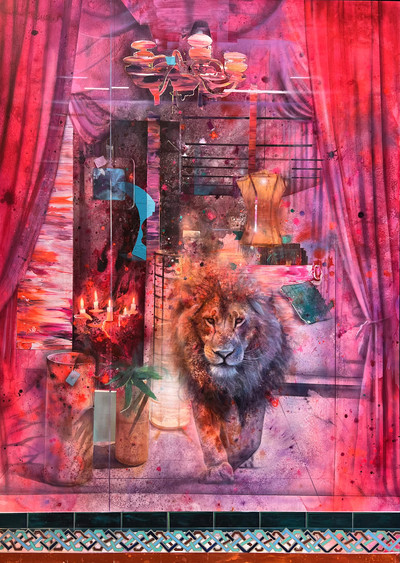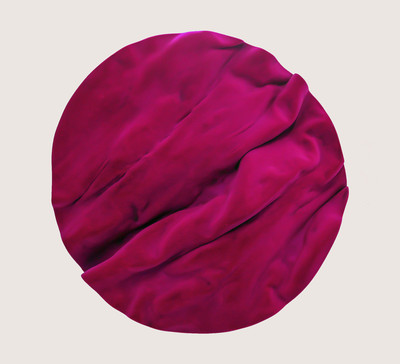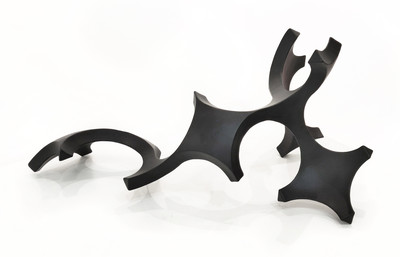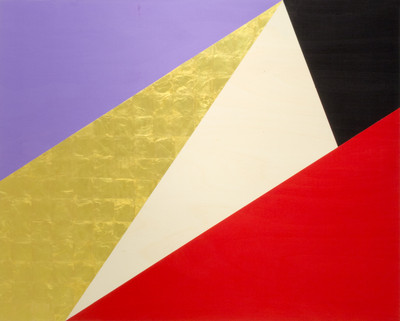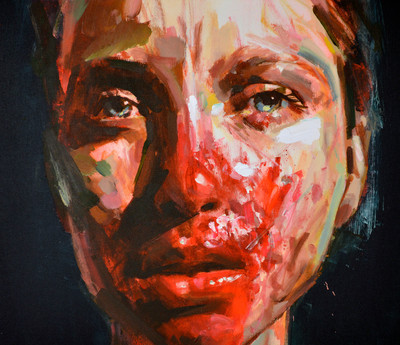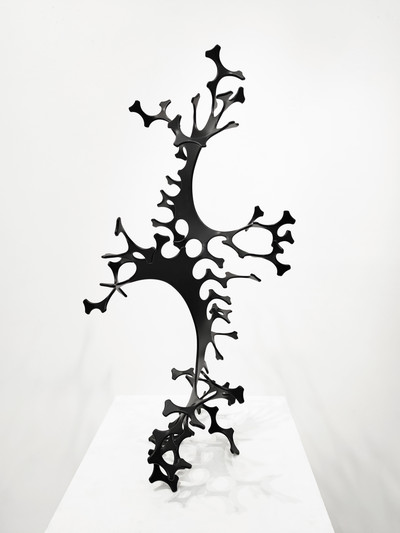Art Madrid'24 – Artworks
Featured works
Works list
Richard García
Un lugar donde la luz no alumbra, 2024
Acrílico, ceras, rotuladores y spray sobre tabla.
140 x 100 cm
Luis Feo
Sin título, 2023
Acrílico, grafito, lápices de colores y acuarela sobre papel encolado a tabla
42 x 29.5 cm
Richard García
No sé de dónde vienen los aullidos, 2024
Acrílico, óleo, rotuladores y spray sobre tabla.
47 x 38 cm
